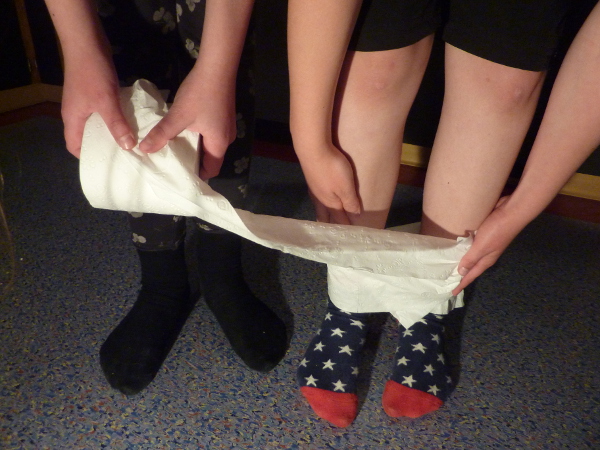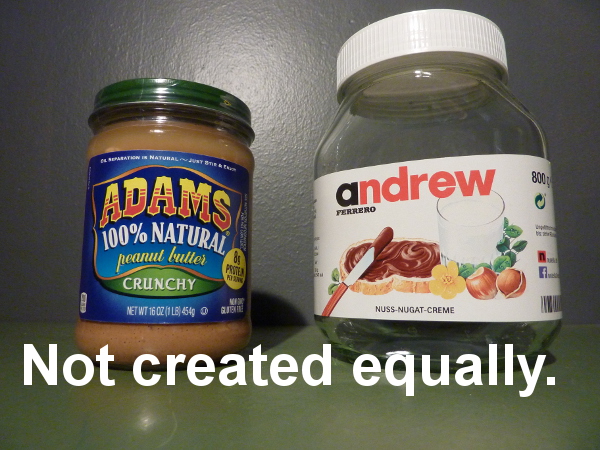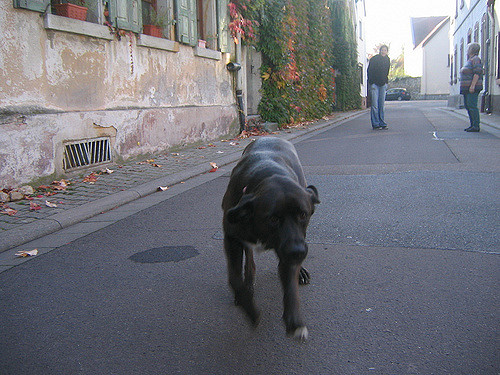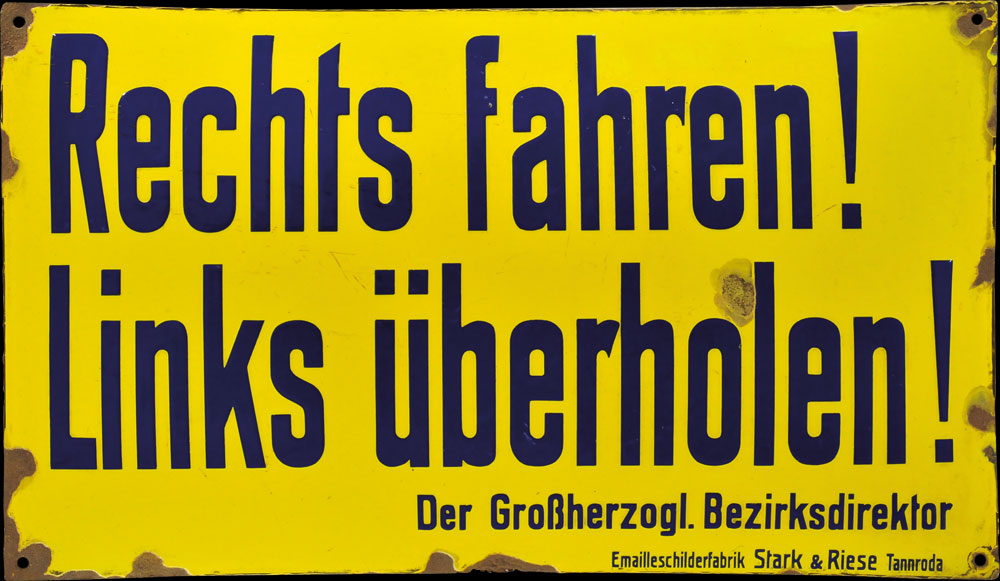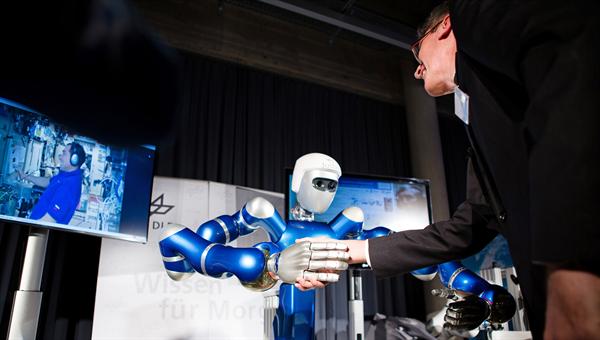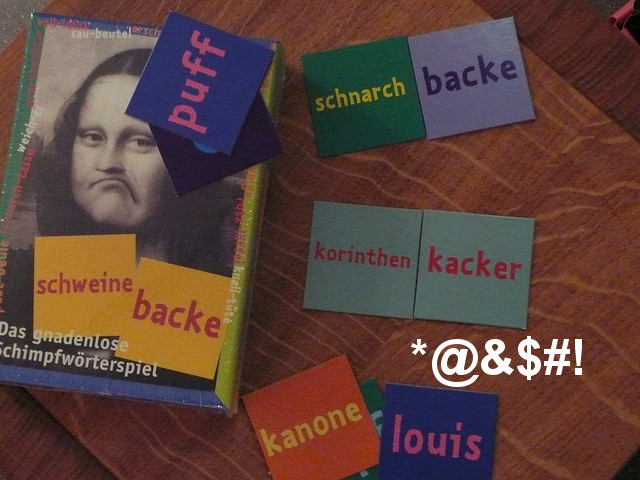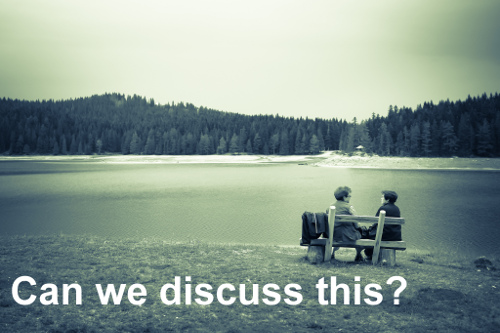Last week, after the series of attacks in Germany, I felt like the country was coming apart at the seams. It was an irrational, emotional response. I thought, “This is what it must have felt like during the Deutschen Herbst (German Autumn)”. It was then that I realized that terrorist attacks (domestic, foreign and by mentally unstable people) have always been a part of my German experience.
I don’t want to downplay the recent incidents or even get into a political discussion. But that thought (and a couple hours of googling and reading) helped me gain a little perspective.
The first time I really paid attention to terror attacks in Germany was in 1986 when I was getting ready to be an exchange student. In April of that year a bomb killed two soldiers and a woman at the La Belle nightclub in West Berlin (just a mile from one of my later Berlin apartments). My mom and I talked about it and dismissed it because Berlin was far from Wegberg, where I’d be an exchange student, and it clearly targeted soldiers.

I couldn’t really be less soldier material.
So we figured I’d be safe.
And also, though it’s admittedly crass and possibly insensitive, the terror didn’t seem real. Terror seemed as much a part of Cold War Europe as loose morals and bodyhair. Remember the IRA? They used to be in the paper every day (remember newspapers?). And, anyway, Chernobyl happened just a few weeks later and we had something new to worry about. My mother considered not sending me for fear of radiation.
When I finally landed in Germany, I would often ride past and through nearby British air bases on training rides. Any time the IRA attacked somewhere, the bases would be buttoned down and soldiers in camouflage would prevent me from taking my favorite route along Queens Avenue on the Joint Headquarters Rheindahlen base. It was always a strange sensation to cycle in Lycra shorts and vintage wool jerseys past soldiers hunkered in sub-terranean pillboxes with loaded machine guns.
They never waved back.
Terror close to home
My memory has convinced me I even heard an IRA carbomb explode at Rheindahlen in 1987. My guest parents played down the nearby attack by saying no one was killed but the bomb actually injured 30, mostly Germans. It must have been a bigger deal than I remember.
And then I learned about the RAF, the Rote Armee Faktion (Red Army Faction), a left-wing terrorist organization in Germany. In 1977, the RAF orchestrated a number of attacks that included the murder of CEO of Dresdner Bank (Jürgen Ponto), the kidnapping and murder of the head of the German Employer’s Association (Hans-Martin Schleyer) and the hijacking of a Lufthansa plane.
Although there was (and is) massive debate about the RAF, if you lived in Germany at the time it must have been at least unsettling. It never seemed to end. And every time I read something new about that time period, known as German Autumn, I get much the same feeling I got last Friday as attack after attack hit Germany.
Will it ever end? History says no, but it also shows me that life goes on and statistics proves the attacks, both then and now, are anomalies.
And that’s not anywhere near a complete list – they’re just the ones that colored my German experience.
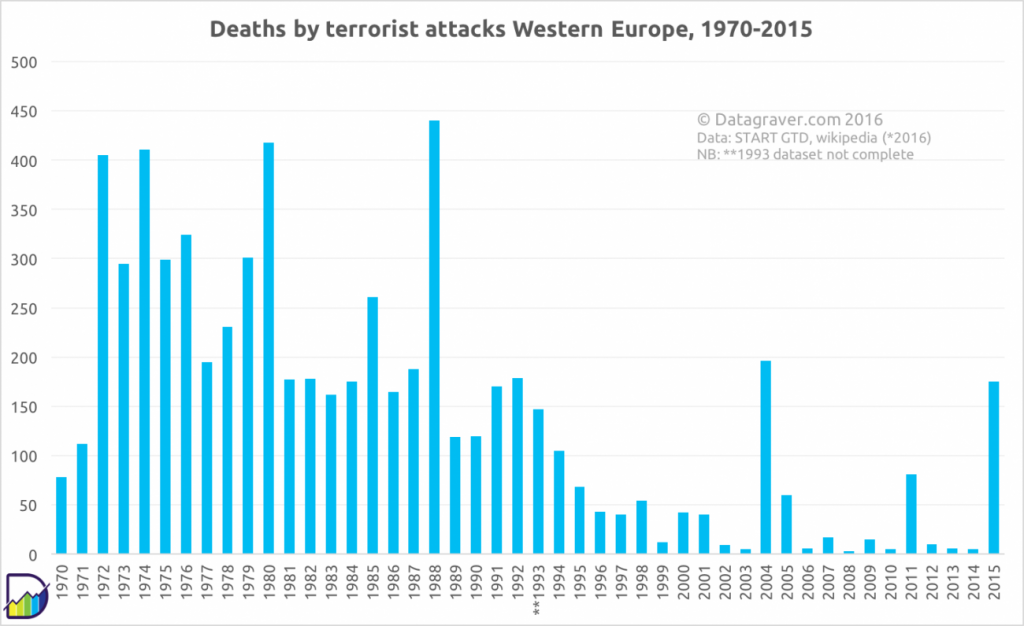
The one I was surprised I’d never learned about was Gundolf Köhler’s 1980 attack on Oktoberfest. As famous as Oktoberfest is, I was amazed I’d never heard of it until I’d lived in Germany for nearly a decade – he killed 13 people (including himself) and wounded 211 with a home-made pipe bomb. He’s suspected of being a right-wing extremist.
I don’t want to downplay the recent attacks nor their impact, I just needed some perspective for me (especially since my family is in Germany at the moment). And I thought I could share it. Statistics show terror attacks have actually decreased.
Even if it feels like Germany – and Europe – is coming apart.
Leave a Comment
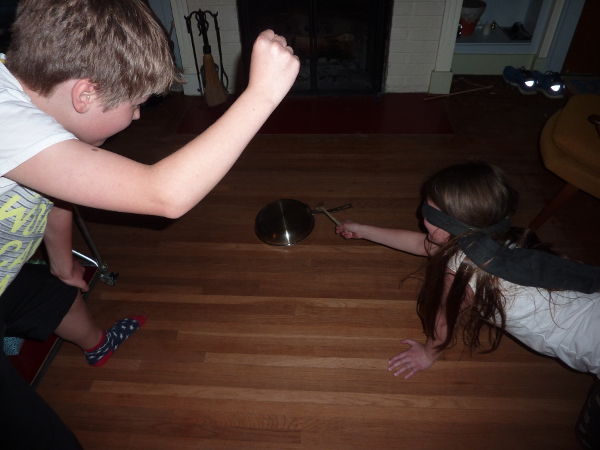
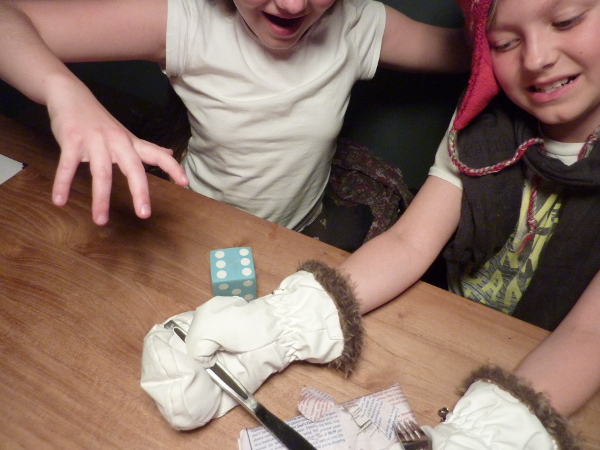 I know, sounds like a Hunger Games the Oompa Loompas hold for kids who lose their way in the Chocolate Factory. But it’s not. First, a chocolate bar (preferably
I know, sounds like a Hunger Games the Oompa Loompas hold for kids who lose their way in the Chocolate Factory. But it’s not. First, a chocolate bar (preferably 